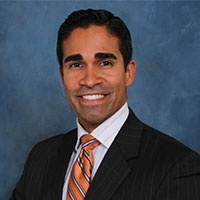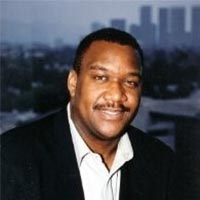Pawling Criminal Lawyer, New York
Sponsored Law Firm
-
 x
x

Click For More Info:
-
Cohen & Bernstein, L.L.C.
1360 Clifton Ave #309 Clifton, NJ 07012» view mapCriminal Defense We’re In this Together!
We work hand in hand with our clients to ensure all of your questions are answered and progress through your legal issue is seamless.
800-978-7341
Angel I. Falcon
✓ VERIFIEDCriminal, DUI-DWI, Felony, Misdemeanor, Traffic
Angel I. Falcon is a Dutchess County based general practice catering to the legal needs of individuals and businesses in the Hudson Valley and surroun... (more)
Fred Clarke
✓ VERIFIEDDivorce & Family Law, Family Law, Child Support, Adoption, DUI-DWI
Let The Healing Begin
A caring and compassionate attorney: For two decades before I became an attorney I worked for some of the largest corporations and government agencies... (more)
Gerald A. Vergilis
Commercial Real Estate, Estate Planning, Criminal, Corporate
Status: In Good Standing
FREE CONSULTATION
CONTACTWilliam J Bolger
Adoption, Alimony & Spousal Support, Criminal, Child Support
Status: In Good Standing
FREE CONSULTATION
CONTACTJeffrey Rothschild
Family Law, Divorce, DUI-DWI, Criminal
Status: In Good Standing Licensed: 36 Years
Shane Joseph Egan
Estate, Employment, Divorce & Family Law, DUI-DWI
Status: In Good Standing Licensed: 14 Years
Robert P. Apple
Real Estate, Traffic, Divorce & Family Law, Criminal, Foreclosure
Status: In Good Standing Licensed: 41 Years
 Lindsay Bernstein Clifton, NJ
Lindsay Bernstein Clifton, NJ Practice AreasExpertise
Practice AreasExpertise


